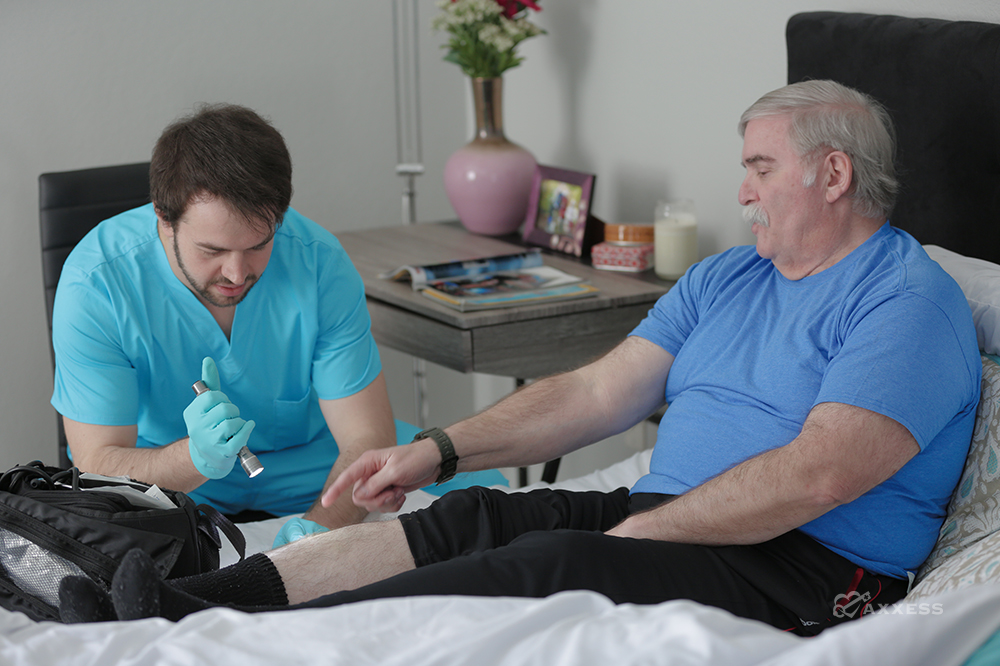As we continue our blog series on the updated Medicare Conditions of Participation (CoPs) for home health agencies, we turn our focus to the Infection Prevention and Control Standards found at Subpart B, §484.70. These standards are to ensure protection from the spread of infectious diseases, and only continue to gain additional attention with outbreaks such as Ebola in recent years.
The first focus of the regulation regarding infection prevention and control is standard precautions. Formerly known as universal precautions, standard precautions are a set of standards that treat all blood, body fluids, secretions and excretions as containing transmittable infectious agents. The practices taught by standard precautions apply to all patients, and include the following six principles:
- Hand hygiene
- Environmental cleaning and disinfection
- Injection and medication safety
- Appropriate use of personal protective equipment (PPE)
- Minimizing potential exposures
- Reprocessing of reusable equipment between each patient, especially when soiled
Home health agencies must maintain a coordinated program for the surveillance, identification, prevention, control and investigation of infections and communicable diseases specific to care and services provided in the home setting. All disciplines are required to participate in identifying sources or causative factors of infection, track patterns and trends of infections, establish a corrective plan, and monitor effectiveness of the correction plan.
Agencies may choose to use chart review, staff reporting, laboratory results review, data from physician or emergency room visits for symptoms of infection, or even identification of root cause of infection as methods of infection surveillance, for example. Because regulation allows each agency to choose its own methodology, they must ensure that all staff are trained on updated infection prevention and control policies and clinician expectations. This staff training
should occur on hire, or during orientation annually, and/or per agency policy, and must include staff making visits under arrangement.
New to the CoPs is a standard requiring patients and caregivers to receive education on infection prevention and control as well. This education should be specific to the patient’s plan of care, health conditions, and individual learning needs. For example, the patient who has wound care should receive training on how to properly store wound supplies, proper handwashing, and how to properly discard soiled dressings, among other things. The chronic obstructive pulmonary disease patient and caregiver should receive information on how and when to clean nebulizer and oxygen equipment, for example. And the diabetic person would need training on how to clean and care for the glucometer and how to properly discard lancets and glucometer strips.
The infection prevention and control program must be an integral part of the agency’s Quality Assessment and Performance Improvement (QAPI) program. This means the Governing Body of the agency must approve of the program’s scope, data assessment plan and frequency, and its performance improvement projects.
Many home health agencies currently perform aspects of the updated infection prevention and control standards. However, all related policies should be reviewed and updated as needed to ensure all the regulation at §484.70 are integrated and implemented. The agency should then ensure that all staff have been in-serviced appropriately on updated changes made to these policies. For more information on the updated Medicare Conditions of Participation, please refer to Axxess’ complimentary, on-demand training content. For complete regulation and comments regarding the Medicare Conditions of Participation, see the Federal Register.

